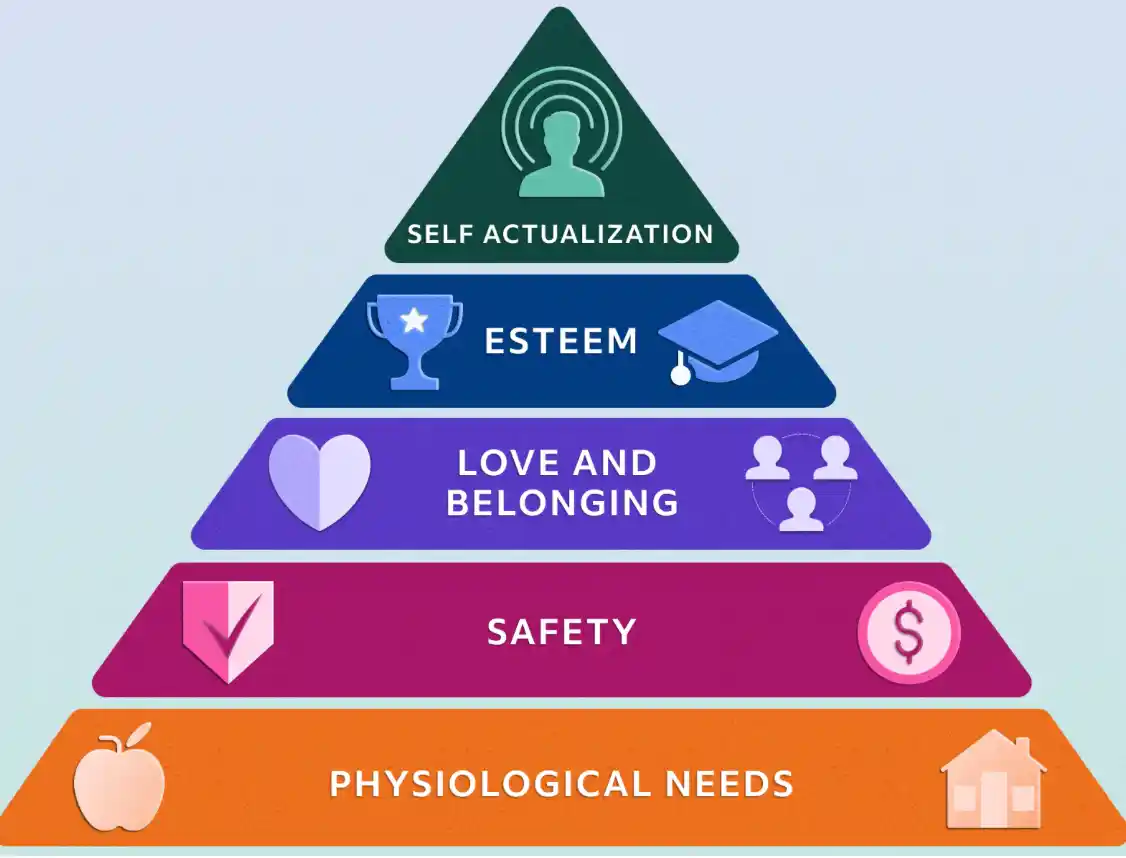What do Healthy Relationships Look Like

Human beings are wired for connection. The pursuit of love and meaningful relationships is universal, and the quality of these connections can significantly impact our mental health and overall well-being. Whether it’s the support of a close friend, the intimacy of a romantic partner, or the bonds within a family, relationships play a pivotal role in shaping our mental landscape
The Psychological Importance of Love and Connection
Love and connection provide a sense of belonging and security. According to Maslow’s Hierarchy of Needs, after our physiological and safety needs are met, our desire for love and belonging becomes a primary focus. This need is not just emotional; it’s deeply rooted in our biology. Oxytocin, often referred to as the “love hormone,” is released during positive social interactions and has been linked to reduced stress levels, increased trust, and improved emotional resilience.
Strong, healthy relationships can:
- Boost Emotional Health: Feeling loved and supported can combat feelings of loneliness, reduce anxiety, and improve self-esteem.
- Promote Stress Management: Knowing someone has your back can help you navigate life’s challenges more effectively.
- Enhance Physical Health: Research shows that people in healthy relationships often experience lower blood pressure, improved immune function, and even longer lifespans.
The Impact of Unhealthy Relationships
While positive relationships can uplift us, toxic or strained relationships can have the opposite effect. Chronic conflict, emotional neglect, or manipulation can lead to heightened stress, anxiety, and even depression. In some cases, the emotional toll of unhealthy relationships can manifest physically, contributing to conditions like headaches, gastrointestinal issues, or heart problems.
Recognizing the signs of an unhealthy relationship is crucial. These may include:
- Persistent feelings of unease or walking on eggshells.
- Lack of communication or trust.
- Patterns of criticism, blame, or control.
Building and Maintaining Healthy Relationships
Creating strong, fulfilling relationships requires effort, self-awareness, and mutual respect. Here are some strategies to foster meaningful connections:
- Practice Open Communication: Share your thoughts and feelings honestly, and listen actively to others without judgment.
- Establish Boundaries: Healthy boundaries protect your mental well-being and help maintain mutual respect.
- Show Appreciation: Small gestures of gratitude can strengthen emotional bonds and create a positive atmosphere.
- Invest Time: Nurture your relationships by spending quality time together, whether through shared activities, meaningful conversations, or simply being present.
- Seek Support When Needed: If conflicts arise, don’t hesitate to seek guidance from a counselor or therapist. Professional support can provide tools to navigate challenges and improve relationship dynamics.
The Role of Self-Love
Before we can cultivate meaningful relationships with others, we must nurture our relationship with ourselves. Self-love isn’t about arrogance or selfishness; it’s about recognizing your worth and treating yourself with kindness. Practices like mindfulness, self-care, and setting personal goals can help build a strong foundation for healthy interactions with others.
Connection in a Digital Age
While technology has made it easier to stay connected, it has also introduced challenges. Social media can create unrealistic expectations, and virtual communication may lack the depth of face-to-face interactions. Striking a balance between online and offline relationships is essential to maintain genuine connections.
Conclusion
Love, connection, and relationships are cornerstones of mental health. By nurturing positive relationships and addressing challenges within them, we can create a supportive environment that fosters emotional well-being. Whether through a loving partnership, a strong friendship, or a supportive family dynamic, the connections we cultivate shape not only our mental health but also our capacity to lead fulfilling lives.
In the end, the journey towards meaningful relationships starts within. By prioritizing self-awareness, empathy, and open communication, we can build the connections that truly enrich our lives and the lives of those around us.
Reference
https://uthealthaustin.org/blog/health-benefits-of-love
https://www.helpguide.org/relationships/social-connection/relationship-help
